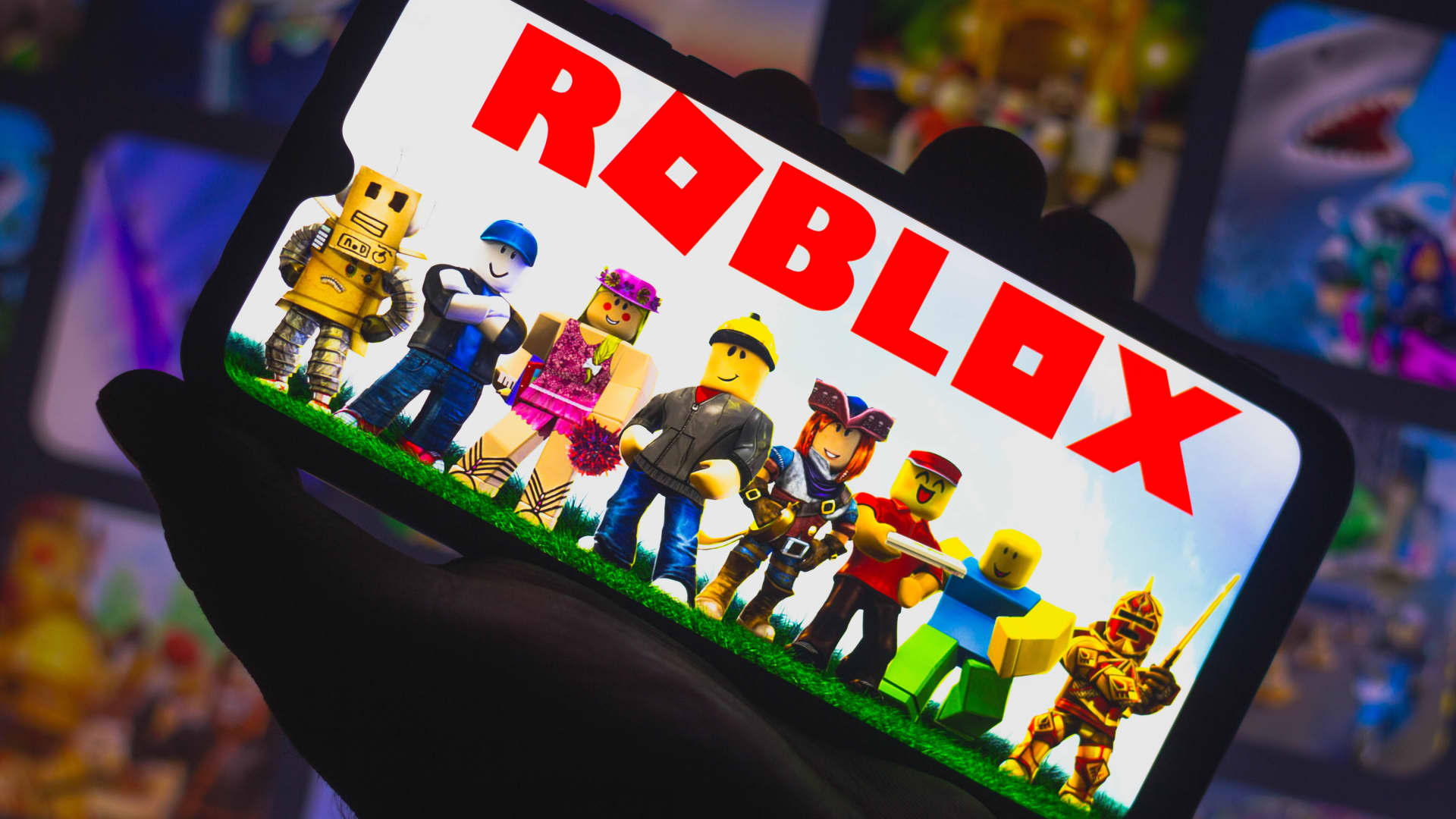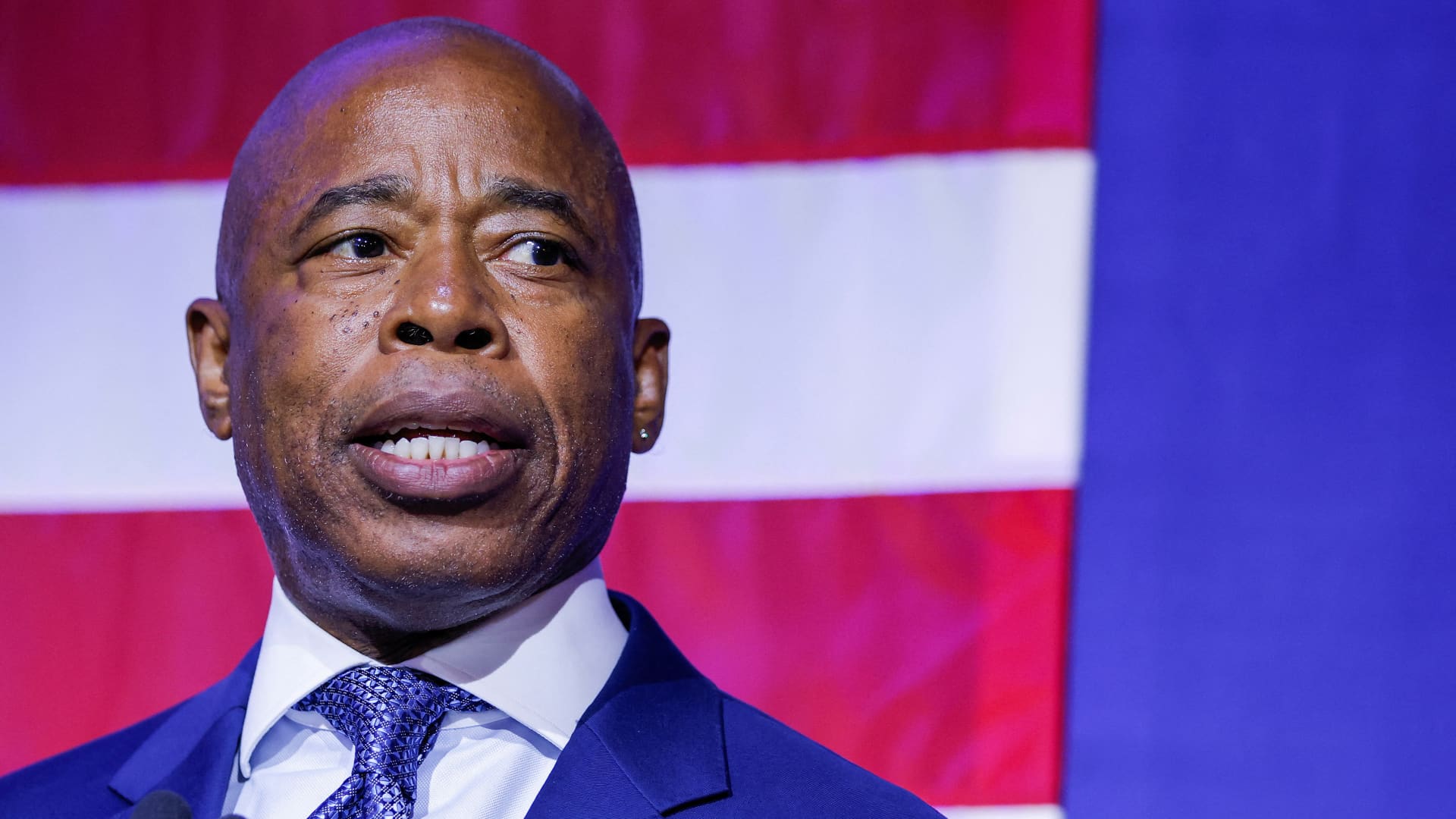Technology
Friday, December 15th, 2023 5:00 pm EDT
Key Points
- Disinformation Spread Through Fake TikTok Accounts: TikTok, the Chinese social media platform, has revealed that fake accounts on its platform disseminated disinformation related to Russia’s war in Ukraine. The disinformation campaign targeted millions of users, including those in Ukraine, Russia, and across Europe. The content of these deceptive posts was specifically designed to “artificially amplify pro-Russian narratives” regarding the conflict, presenting a concerning instance of social media manipulation.
- Diverse Origin and Purpose of Fake Accounts: According to TikTok’s report, a significant majority of the identified fake accounts, approximately 13,000, were operated from within Russia. These accounts played a key role in pushing Kremlin war propaganda in local languages, reaching users in various countries, including Ukraine, Russia, Germany, Italy, Turkey, Serbia, Czechia, Poland, and Greece. Notably, some of these fake accounts were falsely presented as news outlets, adding an element of credibility to their misleading content. Additionally, a notable revelation is that certain fake accounts operated from within Ukraine itself, but instead of promoting pro-Russian narratives, they were found to be “artificially amplifying narratives aiming to raise money for the Ukrainian military.”
- TikTok’s Response and Broader Context: TikTok responded to the issue by stating that it had initiated investigations into these fake accounts even before the BBC published a separate investigation identifying 800 fake accounts targeting European countries. The BBC’s findings included false claims that senior Ukrainian officials and their relatives made extravagant purchases like luxury cars or villas abroad after Russia’s invasion in February 2022. TikTok reported that all identified fake accounts had been removed. The disclosure of these figures adds to previous reports of fake pro-Russia accounts identified by TikTok. This revelation comes in the context of increasing international pressure on social media platforms to combat false users and disinformation campaigns. It also follows the recent accusation by the U.K., which accused Russia of engaging in a prolonged “campaign of malicious cyber activity” aimed at undermining British democracy, emphasizing the broader challenges posed by state-sponsored misinformation campaigns in the digital age.
In a disturbing revelation, TikTok, the Chinese social media platform, has disclosed that fake accounts on its platform have disseminated disinformation related to Russia’s war in Ukraine, reaching millions of users. According to TikTok’s report released on Wednesday, these deceptive posts were specifically crafted to “artificially amplify pro-Russian narratives” about the conflict. The misinformation campaign targeted users in Ukraine, Russia, and across Europe, manipulating content to sway opinions on the war.
A significant portion of the fake accounts, approximately 13,000, was found to be operated from within Russia. These accounts played a pivotal role in propagating Kremlin war propaganda in local languages, reaching audiences in Ukraine, Russia, Germany, Italy, Turkey, Serbia, Czechia, Poland, and Greece. Notably, some of these accounts were falsely presented as news outlets, adding a layer of credibility to their deceptive content.
However, what adds a complex dimension to this revelation is the discovery that certain fake accounts were operated from within Ukraine itself. Rather than promoting pro-Russian narratives, these accounts were identified as “artificially amplifying narratives aiming to raise money for the Ukrainian military.” This nuanced manipulation highlights the diverse strategies employed by malicious actors to exploit the platform for varying purposes.
The scale of this disinformation campaign is underscored by the fact that the combined followers of the identified fake accounts exceeded one million. It is important to note that while this is a substantial number, videos on TikTok routinely reach audiences in the millions, emphasizing the potentially broad impact of such misleading content.
TikTok, in response to these findings, asserted that it had initiated investigations into these accounts even before the BBC published its separate investigation identifying 800 fake accounts. The BBC report detailed how these accounts targeted European countries, spreading false claims about senior Ukrainian officials and their relatives making extravagant purchases like luxury cars or villas after Russia’s invasion in February 2022.
A spokesperson for TikTok, addressing the issue, stated that the company is committed to relentless efforts in pursuing those attempting to influence its community through deceptive behaviors. They highlighted the removal of all identified fake accounts and emphasized TikTok’s dedication to combating disinformation on its platform.
This revelation comes amid increasing international pressure on social media platforms to take stringent measures against fake accounts and disinformation campaigns. It follows the recent accusation by the U.K., which accused Russia of conducting a prolonged “campaign of malicious cyber activity” aimed at undermining British democracy, underscoring the broader challenges posed by state-sponsored misinformation campaigns in the digital age.
For the full original article on CNBC, please click here: https://www.cnbc.com/2023/12/15/fake-tiktok-accounts-spread-russia-ukraine-war-propaganda-to-millions-.html




